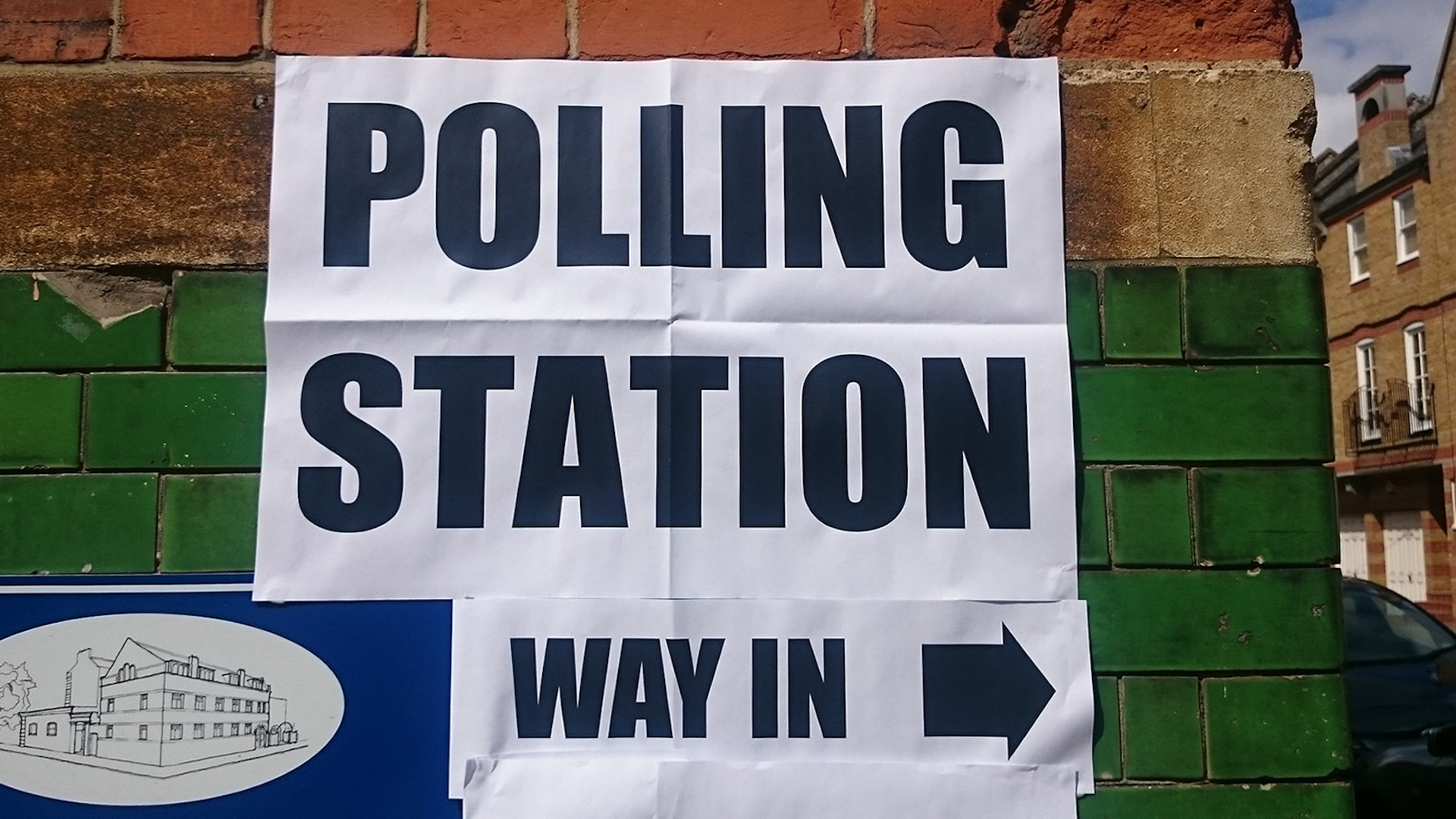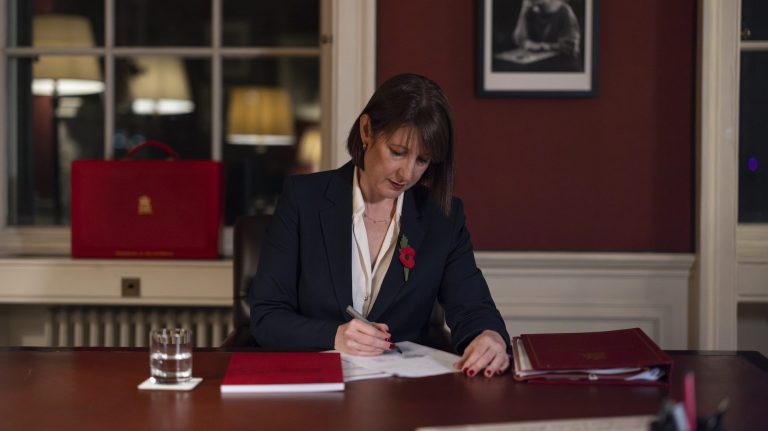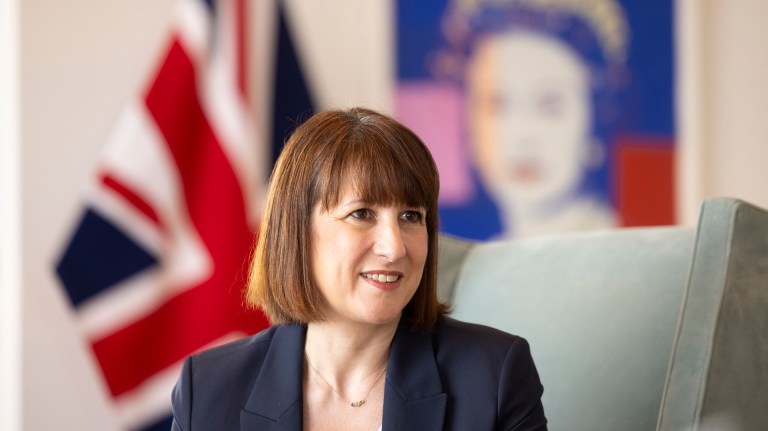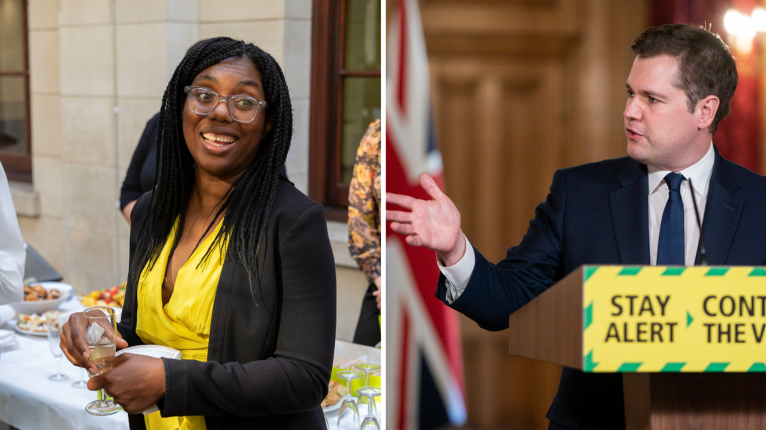After the petition picked up traction, amassing around 65,000 signatures in a few weeks, the 23-year-old from Kent teamed up with fellow politics graduate Jack McAteer to launch the Hands Off Our Vote campaign, earning the support of MPs and electoral experts.
A YouGov poll commissioned by the pair showed the plans will hit the North of England hardest – including a number of marginal seats – where one in 14 people don’t have a form of acceptable ID compared to one in 100 Londoners.
“I’m someone who learns and loves politics, and also someone who’s been in positions of social vulnerability myself,” said Mallinson, who has experience of being treated by psychiatric care services. “I understand how important it is that people get access to their democracy and this law disgusts me on every level.”
The government said the legislation will reduce the potential for voter fraud in the UK. It claimed “anecdotal” evidence of voters impersonating other people are “frequent”, yet in 2019 there was only one proven case of voter impersonation in an electorate of 48 million.
“I just don’t see the justification or rationale without concluding they’re passing a law they believe will benefit them and their political careers,” Mallinson said.
“I know how difficult it is for people in positions of vulnerability to do this stuff,” he added. “Someone told me the other day that it’s condescending to tell people that it’s hard to sign up to vote. I can’t stand that view because it’s not easy to do, especially for people in vulnerable positions and on the margins of society.
“It’s so important that you help them to vote though, rather than making it more difficult.”
The forms of ID accepted under the plans include passports, driving licences, concession travel passes, blue badge parking permits and cards from the proof of age standards scheme, many of which are costly and difficult to obtain.
People struggling to make ends meet – which includes 15 million people living in poverty in 2021 – are unlikely to be able to spend £34 for a driver’s licence or £75 for a passport in order to vote. As well as financial barriers, it means navigating a complicated system for people without internet access or for those whose first language is not English.
Ministers said local authorities will be required to give special photographic voter ID free of charge to those without, but this will cost nearly £18m per general election for councils, or another £40m out of the government’s budget, according to Labour.
At the time of writing, nearly 98,000 people have added their name to the petition calling for voter ID plans to be scrapped. At 100,000 signatures, it is eligible to be picked for debate by MPs.
“Voter identification is part of the government’s body of work to strengthen the integrity and security of our elections,” Westminster said in response. “We will not remove voter identification requirements from the Elections Bill.
The campaign has been backed by MPs David Davis and Cat Smith. But even if it is not debated in parliament, the Hands Off Our Vote campaigners have plans to keep the pressure on politicians to prevent democracy becoming a preserve of the well-off, by supporting people to write to their MPs about their concerns.
“I’m so delighted that many people got behind the petition,” Mallinson said, “especially at a time like this when everyone is so done with politics.
“I thought after this year of so much acquiescence to everything the government’s been doing that people just wouldn’t care, that voter ID would just be one of the things that was slightly annoying.
“It will be difficult to overturn a bill like this. But I’m unbelievably overwhelmed that it has gotten this far. It restores my faith in the world a little bit.”









